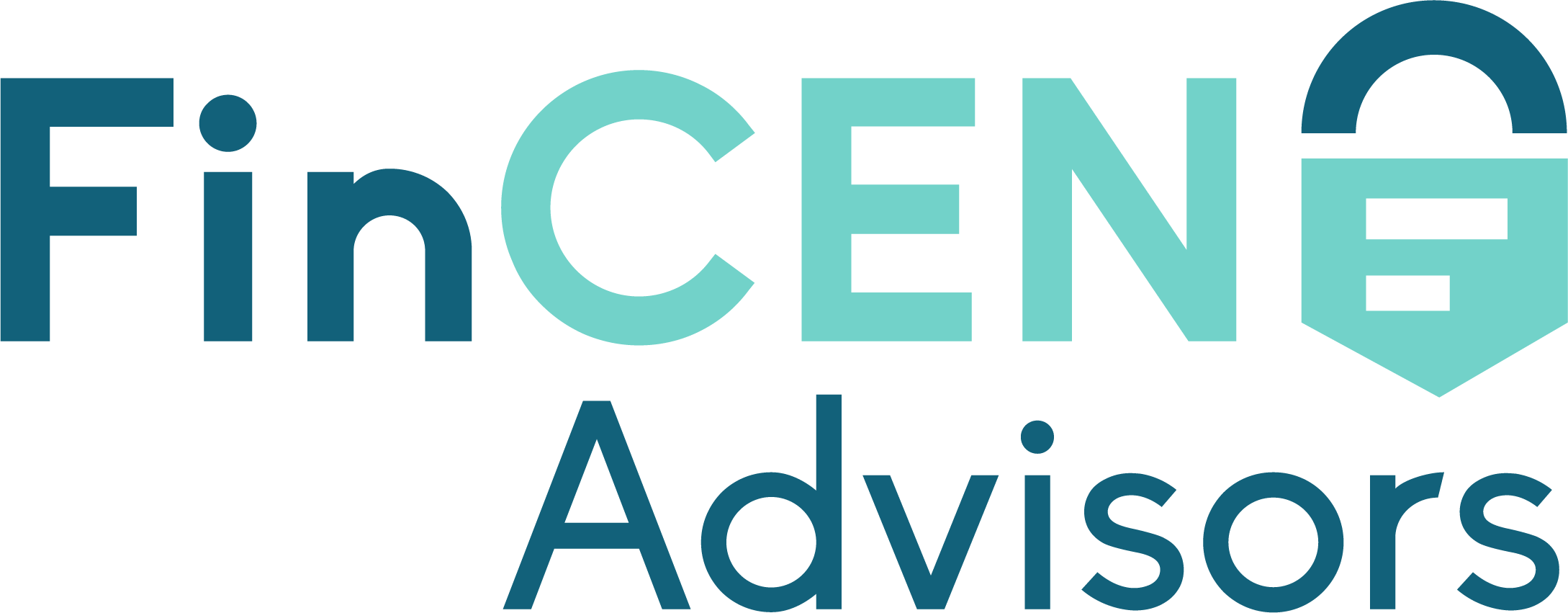Beneficial ownership information must now be reported to the government to increase corporate transparency. Find out exactly what you need to do.
Key takeaways:
FinCEN Beneficial Ownership FAQ on beneficial ownership reporting
- What is beneficial ownership reporting?
- What is a reporting company?
- Who is considered a beneficial owner?
- What information must be reported?
- How and where do I file beneficial ownership reports?
- What are the reporting deadlines?
- What are the penalties for non-compliance?
- How do I update beneficial ownership information?
- What if I have a complex ownership structure?
The year started a new set of reporting requirements that many U.S. businesses must follow. These new guidelines came as part of the Corporate Transparency Act (CTA), a component of the Defense Bill in 2021.
Businesses that qualify must now provide initial beneficial ownership reports to the Financial Crimes Enforcement Network (FinCEN) in a timely manner. The requirements aim to cut down on illicit activities like money laundering, tax fraud, and terrorism, and increase corporate transparency.
These frequently asked questions break down all the details you need to know for the new beneficial ownership reporting requirements.
- What is beneficial ownership reporting?
The CTA established guidelines for reporting information about your company’s beneficial owners. These reports give FinCEN a much more accurate picture of who controls or owns the majority of a business and aim to eliminate the practice of creating “shell” companies. These shell companies have long been shields for owners so they could engage in illicit financial activities and other serious crimes.
- What is a reporting company?
Reporting companies must submit beneficial ownership information to FinCEN under the CTA. Not all businesses fall into the reporting company category.
A reporting company is a corporation, limited liability company (LLC), or any other business that must file documents with the secretary of state or similar entity for registration or creation. However, there are a total of 23 exemptions under the CTA, which are as follows:
- Securities reporting issuer
- Governmental authority
- Bank
- Credit union
- Depository institution holding company
- Money services business
- Broker or dealer in securities
- Securities exchange or clearing agency
- Other Exchange Act registered entity
- Investment company or investment adviser
- Venture capital fund adviser
- Insurance company
- State-licensed insurance producer
- Commodity Exchange Act registered entity
- Accounting firm
- Public utility
- Financial market utility
- Pooled investment vehicle
- Tax-exempt entity
- Entity assisting a tax-exempt entity
- Large operating company
- Subsidiary of certain exempt entities
- Inactive entity
If you are a corporation or LLC and don’t align with one of these exemptions, your company must comply with beneficial ownership reporting requirements.
- Who is considered a beneficial owner?
A beneficial owner of a company is an individual who meets at least one of these descriptions:
- Is someone who owns at least 25% of company interests
- Is someone who exerts substantial control over the company
A senior company officer with the authority to appoint or remove officers or is an important decision maker for the business would be considered to exercise “substantial control.”
- What information must be reported?
A few key details about each beneficial owner must be carefully reported to FinCEN to comply with the new regulations:
- Name
- Birthdate
- Residential address
- Identification number on a driver’s license, ID card, or passport
- An image of the ID used
In addition, information about the company itself must be reported:
- Legal name
- Trade names
- Address of the principal place of business
- Jurisdiction of registration or formation
- Taxpayer ID number
- Whether the report is the initial, corrected, or updated filing
Companies created or registered in 2024 and after must also report information for company applicants, individuals who directly file documents that created or registered the business, and individuals who are responsible for such filing. The same information required for beneficial owners is needed for company applicants.
- How and where do I file beneficial ownership reports?
FinCEN has set up an electronic filing system for reporting companies to submit their beneficial ownership information. This system is available as of January 1, 2024. It includes the forms used for filing and instructions for uploading the report and submitting a complete filing to FinCEN.
- What are the reporting deadlines?
Reporting companies must carefully adhere to the deadlines outlined by FinCEN. Otherwise, you could face fines and penalties for non-compliance. Here are the dates to know:
- Companies established before January 1, 2024, have until January 1, 2025, to submit their initial filing to FinCEN.
- Companies established on or after January 1, 2024, have 90 days from the date they received their notice of creation or registration to file.
- Companies established on or after January 1, 2025, have 30 days from the date they received their notice of creation or registration to file.
- What are the penalties for non-compliance?
Failure to comply with these deadlines or report accurate, updated, and complete information can lead to civil and criminal penalties. These include civil penalties of up to $500 per day that the violation continues, up to $10,000, or criminal penalties of up to two years of imprisonment and up to $10,000 in fines.
- How do I update beneficial ownership information?
To stay compliant, you must ensure beneficial ownership information stays current. You aren’t required to submit beneficial ownership information annually, but you do have to submit an updated report when information changes.
Businesses have 30 days from the date the information changes to submit a new filing to FinCEN. You may need to submit an update if the company’s beneficial ownership changes, an owner has a new address or ID card, or the company changes its name.
If you notice a mistake in your initial beneficial ownership information filing, FinCEN allows 90 days for corrections without facing a penalty for the error.
- What if I have a complex ownership structure?
Before the CTA, there weren’t requirements to ensure that companies with complicated ownership structures reported their ownership information to the government. The new law aims to correct that so there is more corporate transparency.
Even the most complex companies must research who their beneficial owners are and gather the required personal information about each applicable individual. This will require a more robust tracking and monitoring system, a deeper understanding of the company’s ownership structure, and a method for alerting you to changes to beneficial ownership information.
Mastering the beneficial ownership reporting requirements
The new beneficial ownership reporting requirements can be a challenge for many businesses, as they already face compliance guidelines and rules. When you need assistance meeting your obligations, turn to the team at FinCEN Advisors. We understand how reporting works and how the guidelines impact you.
Contact our team to get started with a simpler reporting process.









